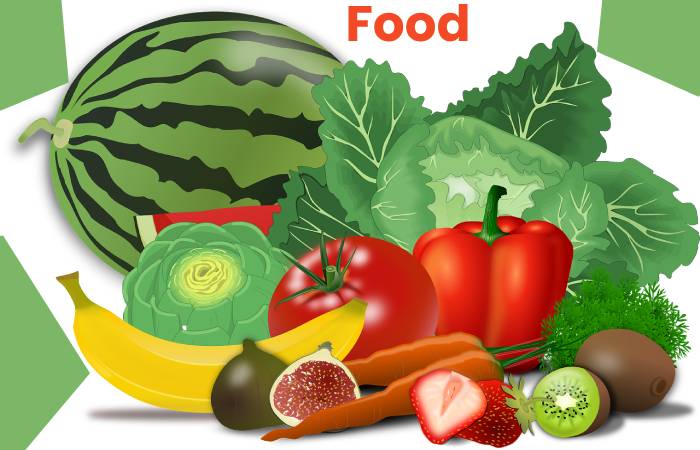10 Rules of being Healthy
Table of Contents
1. Eat Food

“Don’t eat what your great-great-grandmother wouldn’t recognize as food,” Pollan warns about the ultra-processed and derived products available to us in supermarkets even when they advertised with healthy properties.
Food produces that privileges to have health aids are a good sign that it is not food. And the food is what you have to eat. If your ancestors did not know that eaten, avoid it.
2. The Basic Is Healthy
Alternatives to traditional foods do not necessarily guarantee complete and balanced nutrition.
Mainly because marketing does not usually wait for scientific evidence. And the attributions tend to be doubtful.
Don’t forget that margarine was one of the first industrialized foods that claimed to be a healthy replacement and ended up causing heart attacks in people,” – explains the author.
And as a recommendation that they have unknown of value to say about your fitness.
3. In The Ingredients, More Is Less
There are essential additives to ensure the preservation and consistency of the product but take an expression at the grade of ingredients. And If there are more than five, it should avoid, – says Pollan.
It is not necessarily a harmful feature per se, but it is a reliable marker that a food is highly processed.
The popularizer especially invites to be cautious with sugars: they can come under less recognizable names, such as syrups.
4. Do Not Buy Only In The Supermarket
Although the chains are increasingly betting on fresh foods with the designation of origin, their business model includes selling industrialized products with a longer shelf life but rich in sugar or salt.
If our supermarket does not offer greengrocers and greengrocers, it is advisable to complement the purchase in traditional commerce.
5. Quality Sometimes Costs
Processed foods exist because they increase the producer’s profit margin; food is grown in a non-intensive way – regardless of the organic certification,” according to Pollan- will have more costs.
The key to limiting ultra-processing is to adjust our budget and our diet to smaller amounts but better qualities.
6. Eat Less
What immediately connects with the previous point: caloric restriction is one of the pillars of a heart-healthy diet, and prevention of diseases derived from age and obesity.
We must learn to avoid fatty foods that make us prone to binge eating.
The natives of Okinawa, who were once the oldest people on Earth, practiced the principle of Hara Hachi Bu: Eat till you are 80% filled, writes the author.
Using the improved value of the food, the less amount needs to fill up.
7. Take Plants And Especially Leaves
Pollan clarifies that science has not determined precisely what makes vegetables preferable as food. “Antioxidants? Fiber? Omega 3? In any case, they agree that they tend to benefit you and certainly won’t harm you.
The author of The Omnivore’s Dilemma concedes that vegetarian individuals have been shown to have better health than carnivores, but notes: “Almost-vegetarians are as healthy as vegetarians.”
8. The Dishes Of A Lifetime
French, Japanese, Italian, or Greek cuisine have something in common: centuries of history behind, which is already an advantage over the western diet rich in fats that flood modernity.
Excluding external factors, people who eat based on a traditional culinary culture have better health” – Pollan values.
And if the Mediterranean diet is not within our reach, others will have to count: “If it were not a healthy way of eating, the people who follow it would not be among us yet.
9. Cook And Farm to be Healthy Enough
“Contributing to the involved and constantly motivating process of providing our livelihood is the certain way to escape the fast-food values and its underlying values: that food should be easy and cheap.
That food is energy and not unity “- Pollan writes in one of his highest ways. “And over, raise your food earnings to your health even before you sit down to eat it.”
10. Be A True Omnivore to be Healthy
It is not so much against vegetarianism that Pollan is charging. But against a diet consisting basically of ultra-processed corn, wheat, rice, and soy and incapable of providing a hundred compounds that contribute to human health.
Try additional new kinds, and not just new foods, to your diet. So the more diversity, the more likely you are to meet your nutritional needs
